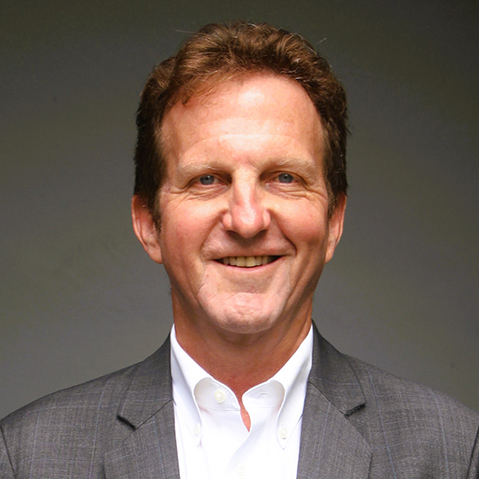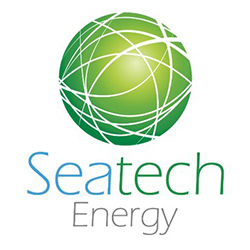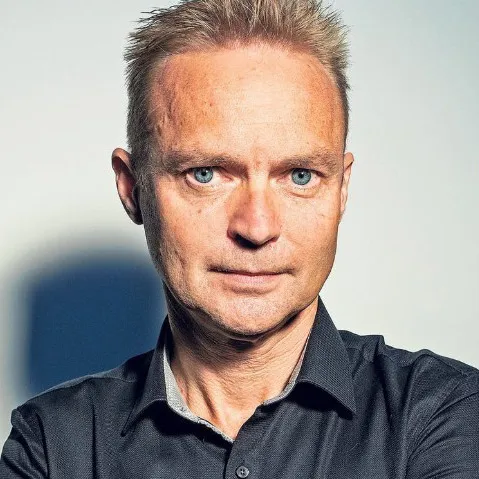Seatech Energy
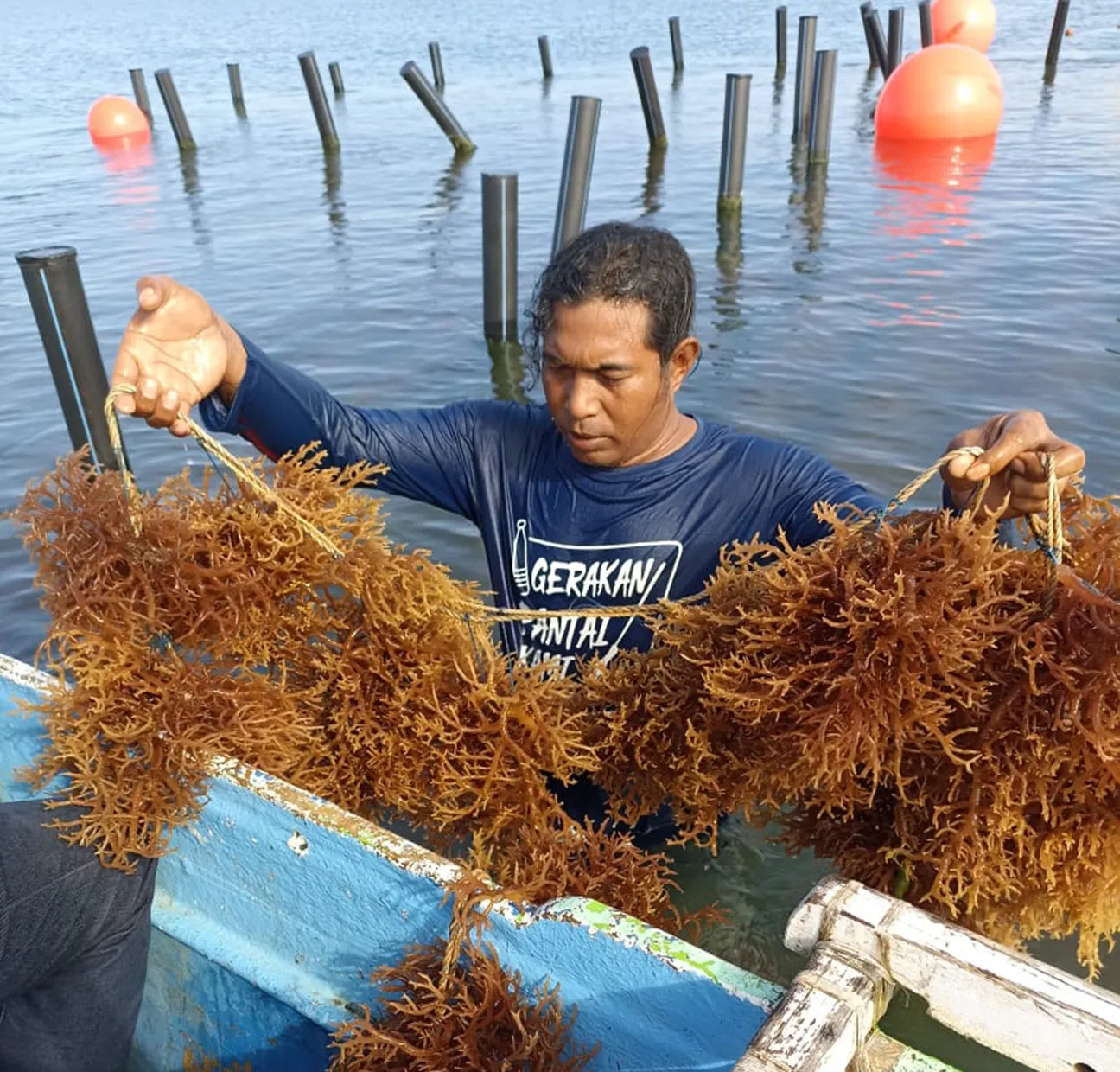
Key Highlights
-
 Technology Adaptation
Technology Adaptation -
 Country Indonesia
Country Indonesia -
 Business type Scale-up
Business type Scale-up
- 5 Investment Ask (USD million)
- 33% Project IRR
-
Regional Coordinator

- Find out more
Seaweed is fast-growing and nutrient-dense and does not need fresh water or fertilisers to thrive. These features have seen it rocket in demand in a world crying out for more sustainable commodities – its estimated value in 2020 was USD 16.7 billion, a figure projected to reach 30.2 billion by 2025. Growing demand from agricultural, industrial and feed-related applications and as a snack product are boosting its popularity.
The majority of seaweed farming is done in shallow water, close to the shore. But Seatech Energy has developed technology that will allow crop production to expand significantly – its submerged platform ORCA-SP™ enables seaweed cultivation on an industrial scale. Its pod structure is designed to protect the young seaweed spores and control operating conditions such as weather conditions, depth, irradiation, pH, and nutrient values for each location.
The Dutch company was founded in 2015 by Ad de Raaij with the support of his Inrada Group, which specialised in designing and manufacturing systems and controls for offshore marine oil and gas systems operating in extreme environmental conditions.


”There are a lot of new applications in various stages of commercial development that will lead to new demand for seaweed, so business-wise, it makes a lot more sense to focus on seaweed production”.
Its original idea was to farm the seaweed to produce biogas, but Director Jeroen Langelaan explains: “What we did not realise at the time is that fuel is probably one of the lowest values you can get from seaweed – it contains components that are a lot more valuable. There are a lot of new applications in various stages of commercial development that will lead to new demand for seaweed, so business-wise, it makes a lot more sense to focus on seaweed production,” he says.
The seaweed cultivation technology they employ was developed in South Africa and is now commercially ready. The plan is to showcase it on a farm in South Sulawesi, Indonesia, the world’s second-largest seaweed producer after China.
He estimates the project could employ up to 150 people from local villages, including many women, who typically perform around half the work on seaweed farms, such as planting and tending the seedlings and drying the harvested seaweed. Once commercial operations begin in Indonesia, the company intends to establish a gender-equal team to run the business, he says.
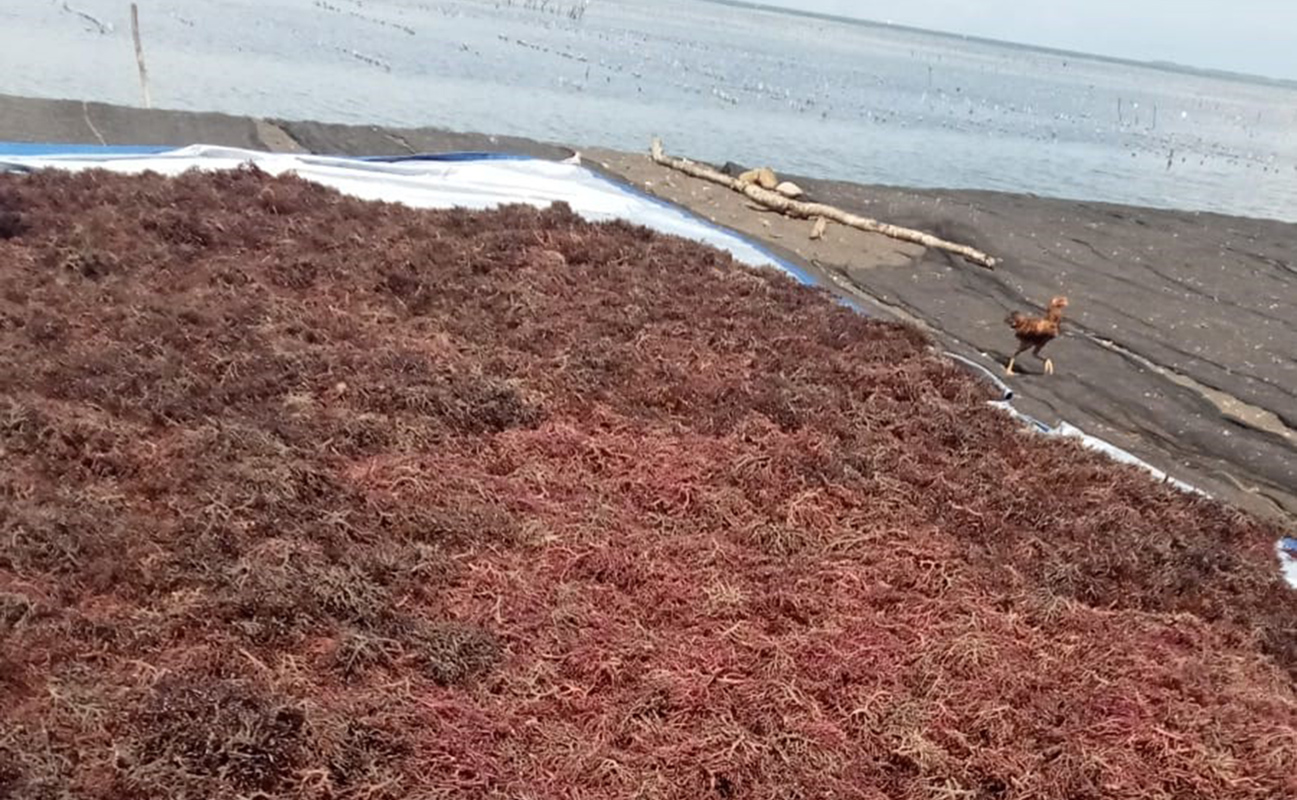
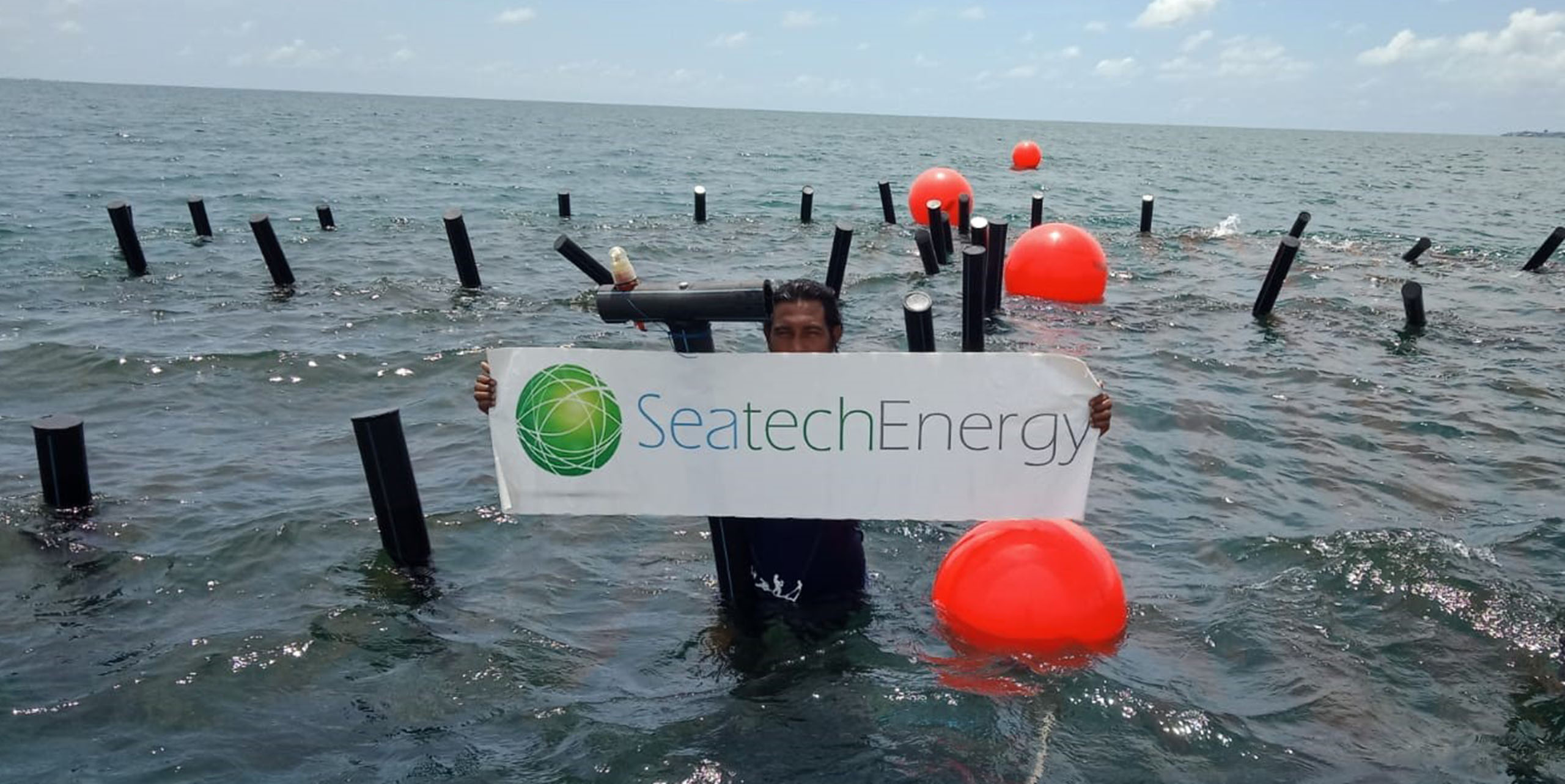
Pilots of the technology in Indonesia, South Africa and India have confirmed its potential for the production of, amongst other seaweed species, Cotonnii, a crop that can be used in food processing, cosmetics, knitted fabrics and fertiliser. It will sell this to a seaweed processor based on a ten-year offtake agreement, which has already been signed. It estimates its annual revenues at USD 2.6 million, with EBITDA of 46%. The seaweed farm will have multiple environmental benefits, including acting as a habitat for ocean wildlife. Another benefit is the deacidification of the ocean as seaweed sequesters carbon. Once fully operational, the Sulawesi farm is projected to absorb 1,500 tonnes of CO2 per annum.
SeatechEnergy also plans to obtain sustainability and traceability certification for its product in response to market demands. Meanwhile, it is awaiting final approval of a programme with Deakin University, which will enable it to develop its seaweed anaerobic digester on a commercial scale to facilitate energy production.
Seatech Energy spent several years on business planning and modelling based on its in-house expertise, and PFAN has stepped in to help the company find investors through its network of funds and banks.
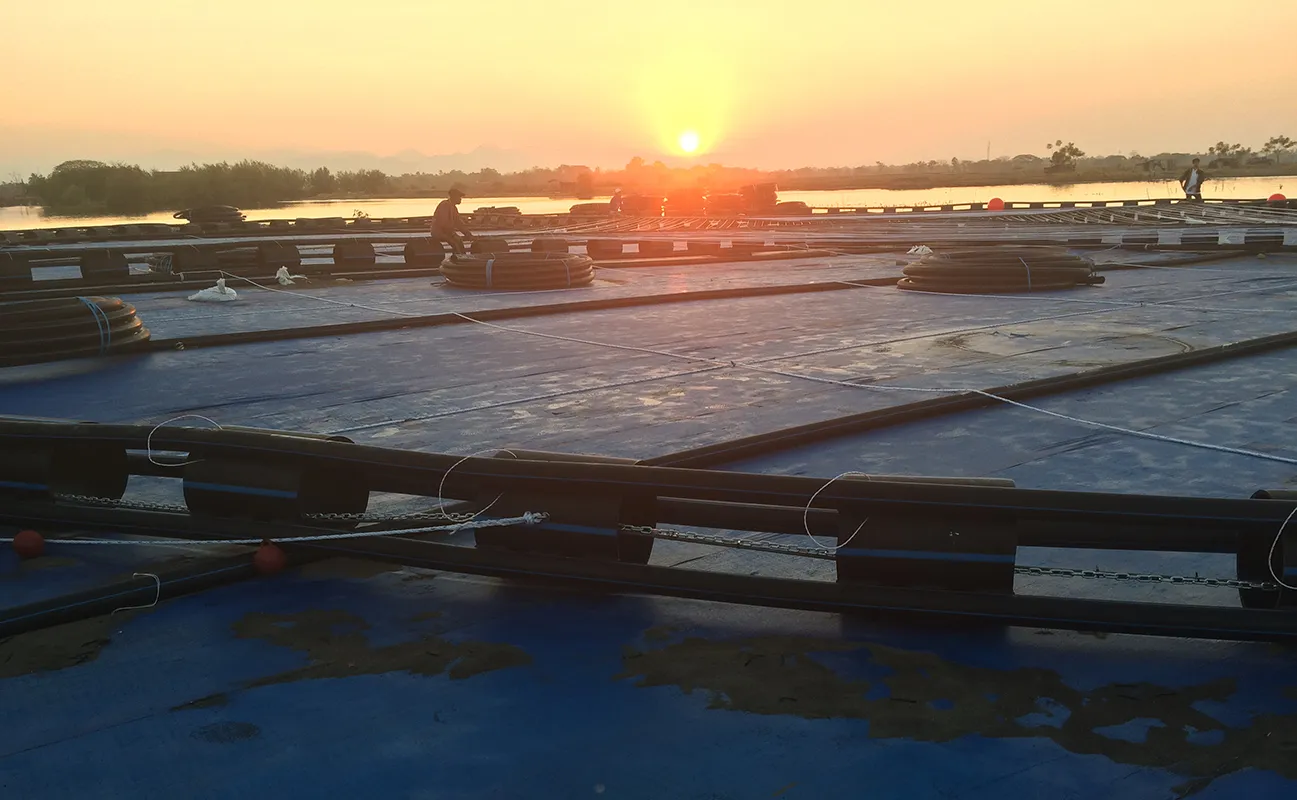
According to Hari Yuwono, PFAN Advisor for Seatech Energy, the company’s main benefit lies in its technology. “With the platform they are using they can cultivate away from the seashore, where the various conditions (temperature, salinity, nutrients etc.) are more favourable and thus produce more seaweed. Pilots so far have shown productivity improvement.”
It also has strong potential for contribution to gender equality due to the high proportion of roles for women in seaweed farming, he says. PFAN has helped them with the standards needed to present the project to investors. The project is still at an early stage and, so far, has no income, so it requires an investor who is willing to take on some risk.
Yuwono is optimistic that Seatech Energy will find the right investor due to its strong team. “This has taken a long time to develop, but they have persistence and the right character,” he says.
